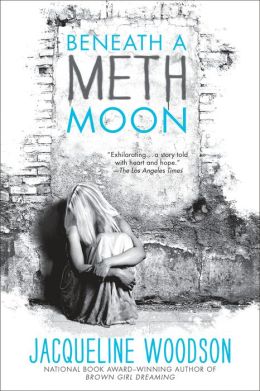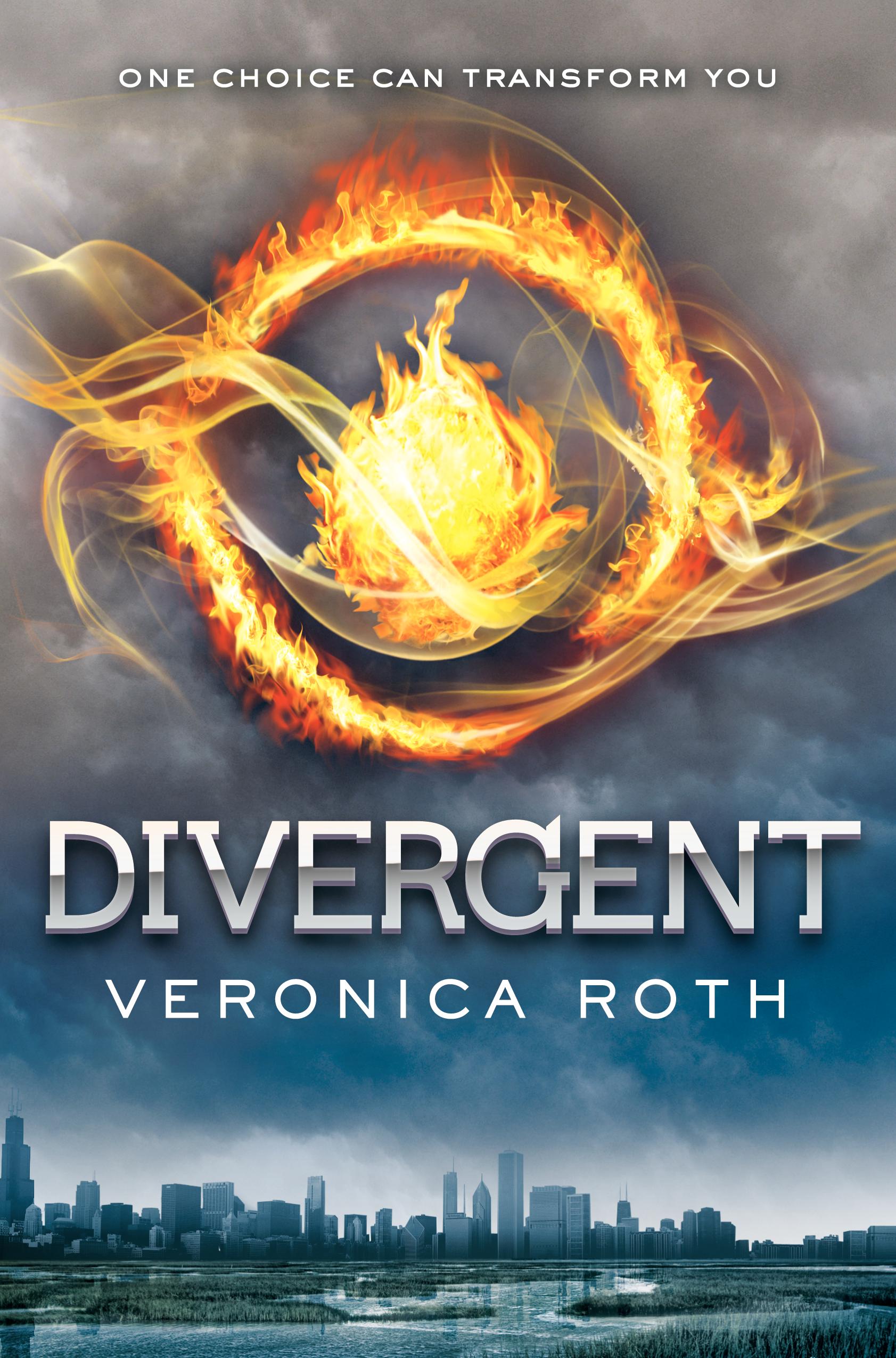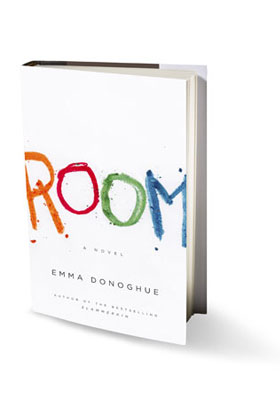Difficulty level (easiest to hardest) - 2
Emotional level (least to most) - 4
Action (little to a lot) - 4
Beneath a Meth Moon is a mature read, suitable for students in grades 10+. Based on the title, the reader knows immediately what the text centers around - meth.
Action (little to a lot) - 4
Beneath a Meth Moon is a mature read, suitable for students in grades 10+. Based on the title, the reader knows immediately what the text centers around - meth.
This particular novel is not like the other drug books I have read, because it presents itself as a semi-lucid narrative. This means that the book skips between different events in Laurel's life - her "bottom", her mother's demise, first encountering "moon" (meth), and her daily struggles. Each chapter (2-5 pages long) weaves the complex tale of her life - a life hard to understand until the reader begins to understand the author's writing style.
All of that being said, the book itself is an easy read, I managed to finish it in a few hours - and was motivated to do so. I wanted to find out what would ultimately happen to Laurel, and I wanted to find out her back story. I just wish Laurel was more developed as a character, I found that I could not get personally invested in her as a character.
For anyone wanting a quick read about a character with a drug habit and a sad story, with minimal effort, this book fits the bill.
Overall rating (poor to excellent) - 2
Quotes from the novel:
Quotes from the novel:
"Something got hard and heavy inside of me, and I knew real deep that my daddy wasn't coming here to get me. Not this time. Not anymore."
"I felt the sadness creeping up quick, put another small taste of moon in my mouth and told T-Boom I had to go, that I'd see him next time."
"Laurel, she said, look at you. Look at yourself! Who did you turn into?!"





